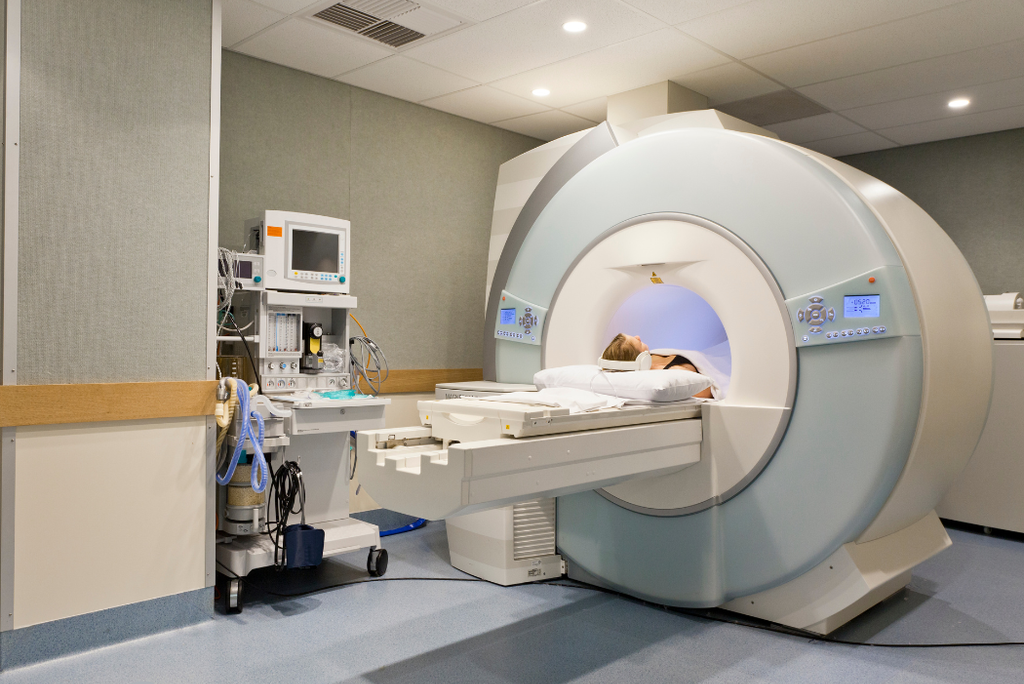Pancreatic cancer diagnosis
Diagnosis of pancreatic cancer
Patients who present with one or more signs and symptoms of pancreatic cancer need quick investigation.
Diagnosing pancreatic cancer can be challenging, and it’s common for patients to be misdiagnosed or have multiple appointments before being referred to a specialist.
Tests for pancreatic cancer are divided into two stages. The first stage focuses on finding out the cause of your symptoms and whether you have pancreatic cancer. The second stage helps determine the size and stage of the tumour.
There are various treatment options available, and your doctors will assess your overall health to decide which treatment is best for you. These decisions are usually made during a meeting with a multi-disciplinary team (MDT).
The journey to a pancreatic cancer diagnosis can vary from person to person, but waiting for answers is always difficult. Many people start by visiting their GP, sometimes requiring several appointments before a diagnosis is made, as the symptoms can be vague and hard to identify. If your symptoms persist, it's important to keep following up with your doctor.
Our website provides detailed information on the tests and procedures involved in diagnosing pancreatic cancer.
-
Typically, before cancer patients undergo treatment, they are reviewed by a multi-disciplinary team (MDT) to decide on the best course of treatment.
The MDT is made up of healthcare professionals who all have specialities relevant to the site of the cancer.
Pancreatic cancer MDT’s include a range of experts needed to effectively manage and treat every aspect of pancreatic cancer. The range of experts in the team will depend on if the tumour is operable or not.
The team may include;
• Surgeons to decide and carry out the best course of surgery
• Oncologists to plan and deliver chemotherapy and radiotherapy treatments
• Radiologists capable of providing information for tumour staging, as well as carrying out therapies to treat tumours
• Clinical nurse specialists to communicate outcomes and options from the MDT meetings to patients and provide information, support and care throughout their treatment
• Dietitians to support patients with nutrition throughout their illness
• Palliative care nurses to provide advice on improving quality of life for patients
Allied health care professionals such as physio or occupational therapists to provide support and equipment to help patients maintain their independence throughout their disease.
Don’t be afraid to ask someone in your specialist team if anything is not clear or you would like more information.
What is pancreatic cancer and how is it diagnosed?
This booklet for patients and carers describes pancreatic cancer, its causes and symptoms. It gives detailed information on the diagnostic tests used and the stages of pancreatic cancer. It includes a section on what to ask your doctor, where to go for further information and a glossary to explain many of the terms used.
Read our booklet
The information provided in this site, or through links to other websites, is not a substitute for medical or professional care and should not be relied upon as such. Read our disclaimer.
Sources and references for this information product will be supplied on request. Please contact us quoting the Information Product number below:

- Information Product No: TBC
- Published: 1 Oct 2019
- Last updated: 8 Aug 2024
- Next Review Due: 26 Jul 2027






